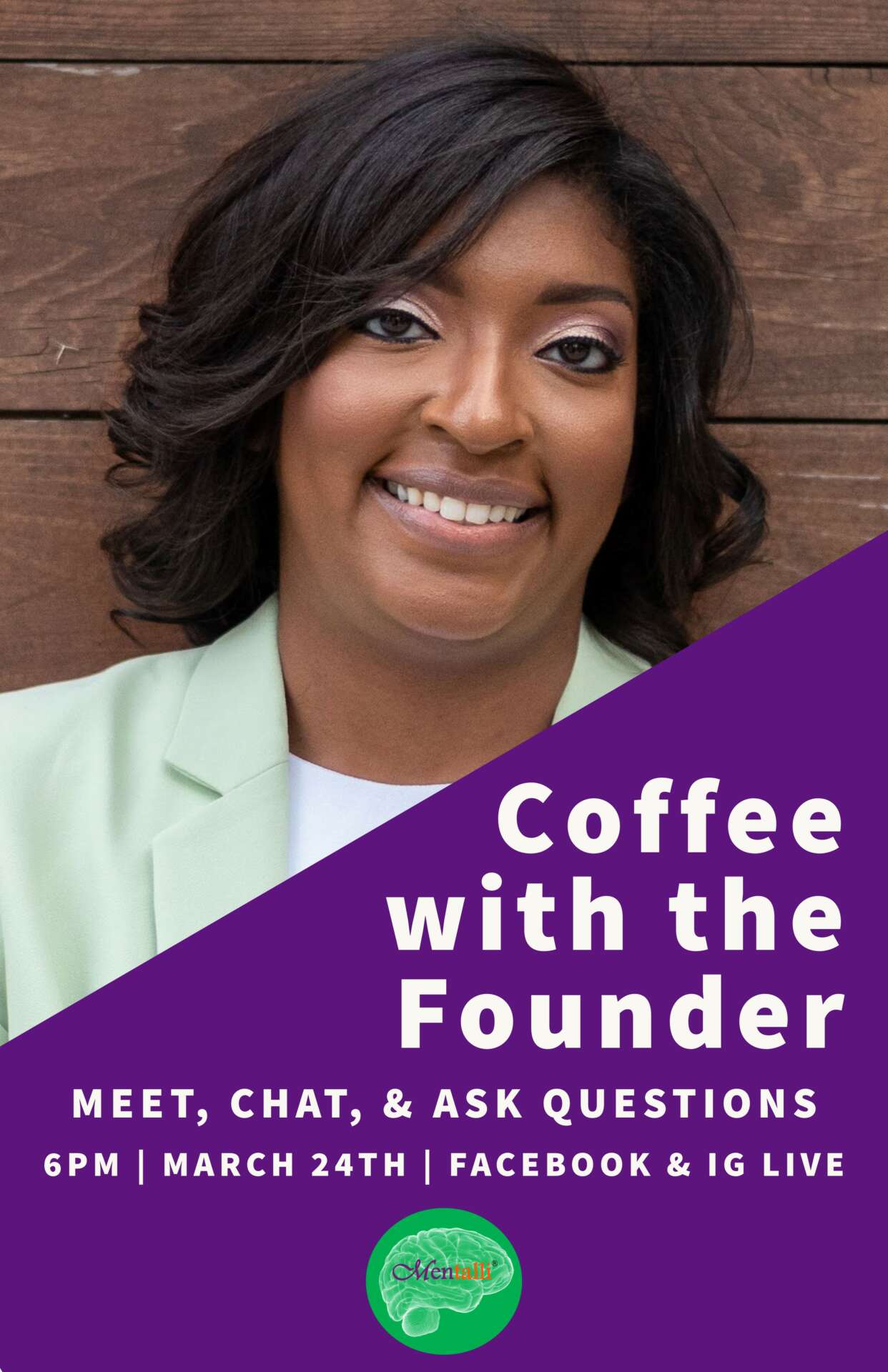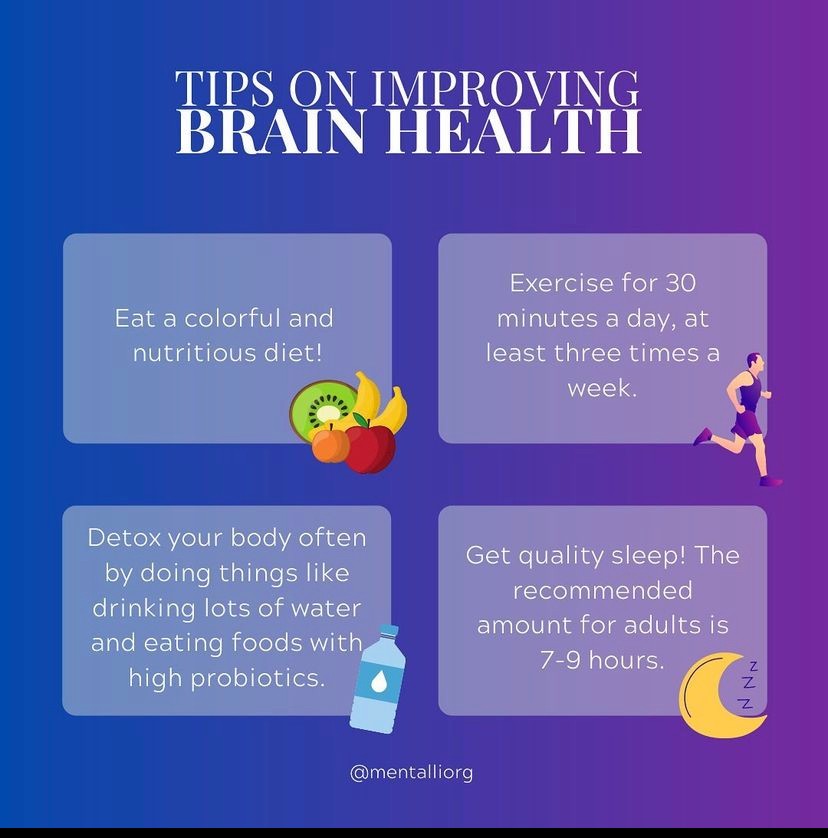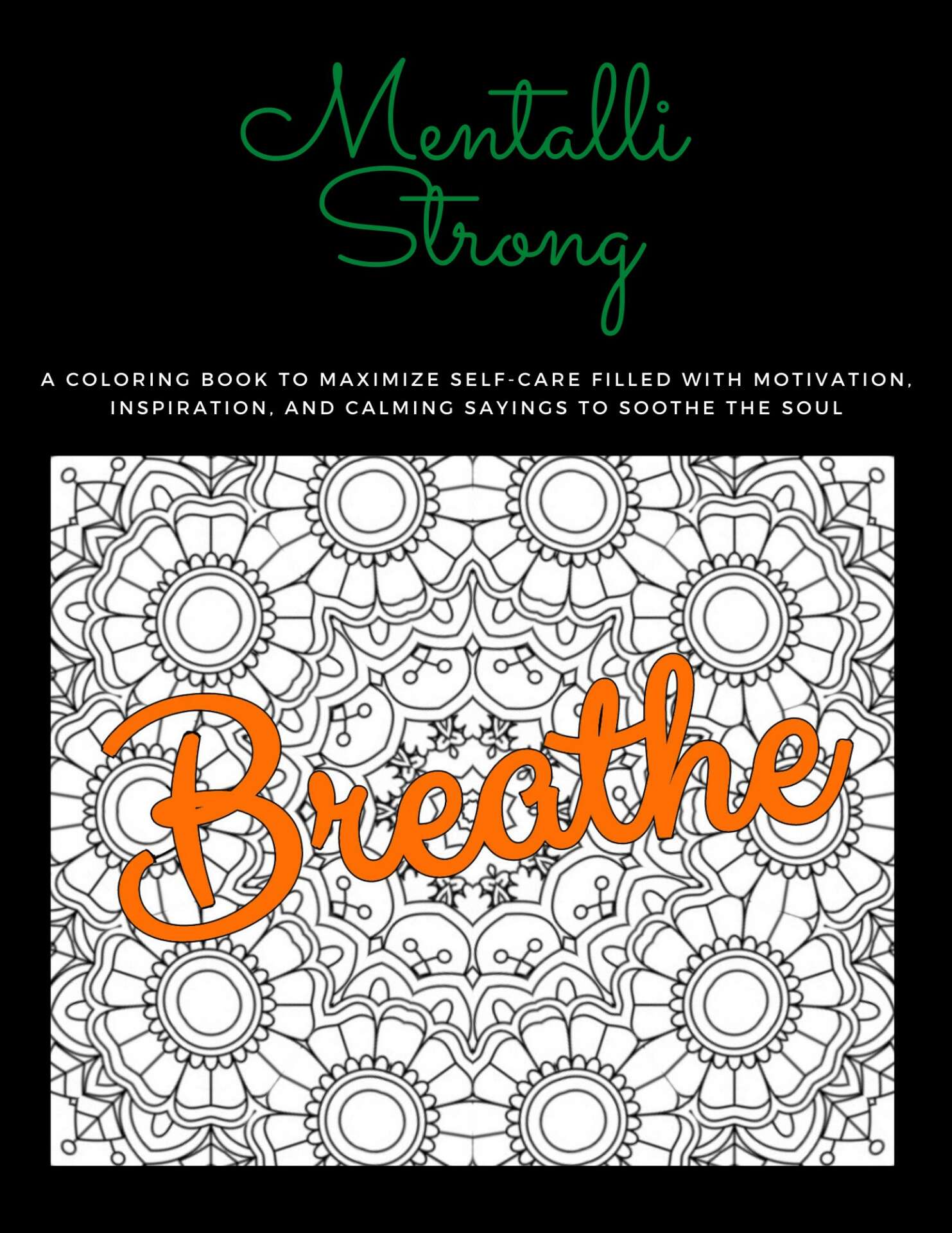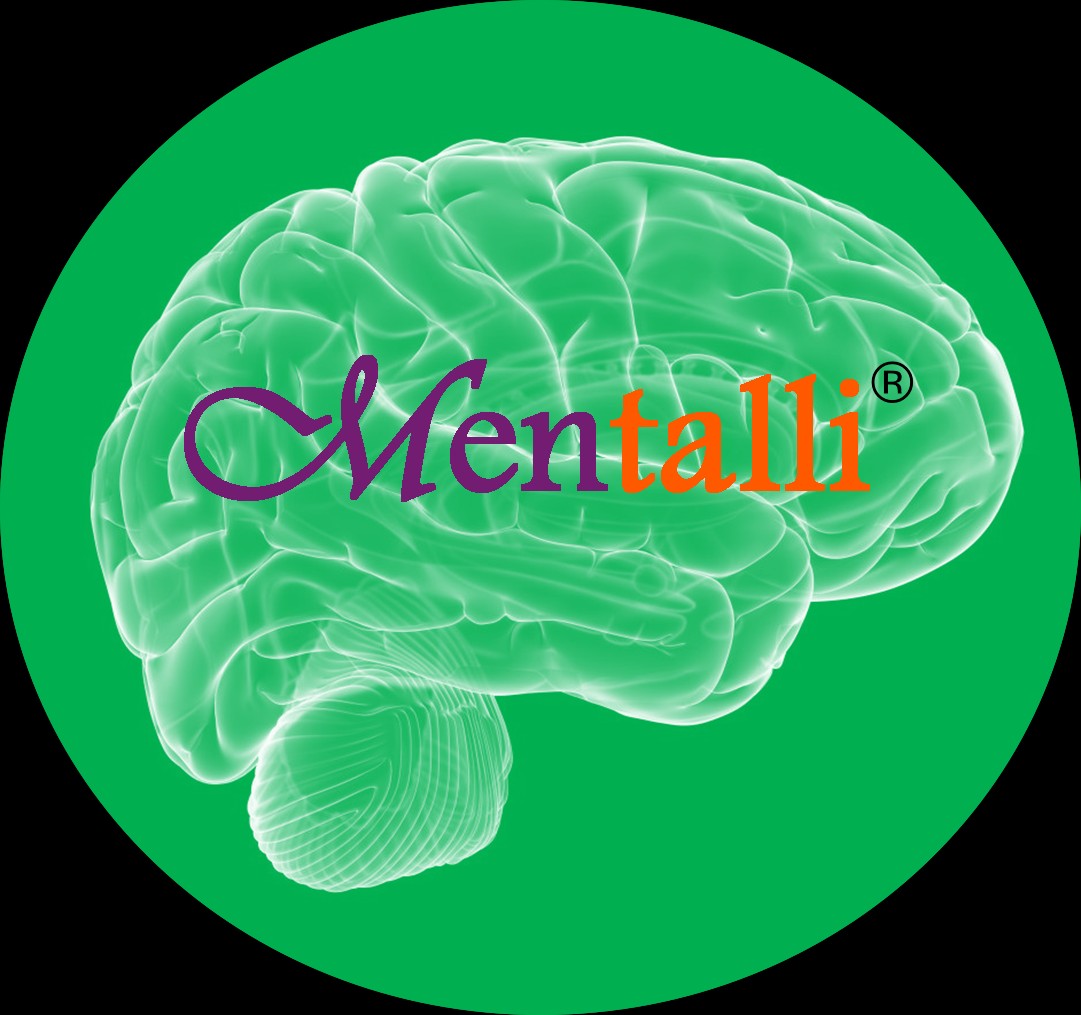We’re excited to introduce you to the always interesting and insightful Tierra Ledet. We hope you’ll enjoy our conversation with Tierra below.
Hi Tierra, thanks for joining us today. Let’s kick things off with your mission – what is it and what’s the story behind why it’s your mission?
Our mission is to provide the community with evidenced based information about mental health and neurodegenerative disease in a simple way that can help them live a more empowered life.
The mission of Mentalli came about as I was meeting people in the community at events or places and explaining my job at the time to people was quite challenging. It naturally brought on more questions like “Will I have Alzheimer’s” or “What can I do to make sure I don’t have Alzheimer’s” or more questions about mental health more broadly. Over time, this continued to happen and I began to realize how wide the information gap was between the general community and scientific and healthcare communities.
I also began to naturally learn while working in this field some basic things people can do daily to improve their chances and odds to delay or even stop the onset of disease including things we’ve all heard and some things we have not heard like the possible link of Vitamin B deficiency to neurodegenerative disease. Seeing how most of this information has been repeated online, on the news, or at the doctor’s office, but not acted upon, I realized so many other factors are involved and wanted a “boots on the ground” approach to solving those issues and teaching especially vulnerable populations how to care for themselves with what they have, how to access care, how to advocate for themselves or their families, and helping them understand that by implementing small changes in small steps, they could transform their own families and entire communities.



Awesome – so before we get into the rest of our questions, can you briefly introduce yourself to our readers.
I am a licensed mental health professional in Texas. I currently practice at Tabula Rasa Psychology, PLLC and provide subject matter expertise to a measurement based care company, Mirah, Inc.. My career passions and specialities have been focused within assessment, education, and advocacy. I also have experience working mostly with marginalized communities and communities who have reduced access to care (people of color, rural areas) throughout my entire career.
I naturally found myself pursing a career in behavioral/mental health after deciding traditional medical school was not the best fit for me. I already knew I had a passion for the brain and found a unique niche that would allow me to blend my previous interests of neurology with psychology. The original plan was for me to pursue a traditional path and attend a doctoral program in clinical neuropsychology. However, I started to notice a trend prior to and during my career, where people had questions and did not have the basic knowledge they needed to prevent or slow down disease. It was very similar to how many people talk about lacking the basic knowledge regarding finances.
As I began my work in behavioral/mental health care, you learn a lot about how broken our healthcare system is from various perspectives (as a patient, provider, and other macro level influencers like insurance carriers). From my perspective, many of those factors are not slated to improve anytime soon even with innovative solutions like tech startups focused on providing tele-health services. Why? Most of the providers in this field are chronically and severely burned out. They are not adequately compensated unless they are largely cash pay providers which many often grapple with the decision to stop accepting insurance since reimbursement for services are very low and frequently set at a specific cost for years.
The field also is not on the list of bright and shiny majors at colleges and universities. There are lacking scholarships and almost every person you meet in this field has significant student loan debt with few opportunities for repayment programs (exception: psychiatry) after graduation. So when you add up just those factors alone, demand is far outpacing supply and supply will continue to be significantly low for a while.
I see my company as being part of the underlying solution and not a temporary fix like most of the emerging behavioral/mental health solutions within the last few years. If you can teach a significant portion of people the foundation of how to care for themselves, we can reduce a significant portion of people who are seeking psychotherapy for milder issues like stress, burnout, or just lacking positive coping skills. Majority of our content is centered around providing people knowledge and skills to be able to enact simple change so they can improve their quality of life and simultaneously reduce brain and mental illness related disease.
Most people do not realize the compounding effects that stress has on our bodies holistically. When you add in genetics, negative life circumstances, negative coping tendencies, and other factors, you are increasing your chances for developing a mental illness or neurodegenerative disease by A LOT.
For marginalized communities, this is so important since we face additional stressors navigating society so providing these communities with additional tools to improve their life, life outcomes, and quality of life can be drastically significant. This could mean teaching people to do basic exercises and to get creative with how they choose to exercise. It does not have to be 30 minutes of walking. It could be 3 10-minute increments on a break or small challenges with family and friends.
I’m really proud that we are trying to solve the underlying problem. Even if we only reach smaller audiences and groups of people, those people now have the knowledge, skills, and tools to teach someone else in their home or community. By taking this approach, we will literally reach more people and hopefully, transform communities through sharing information that is evidence-based science. In other words, people will help heal their own communities through the same foundational principles that mental health providers share in individual psychotherapy.
Mentalli provides educational content on our social media platforms and website. Within the next month, we are releasing a new feature which will allow the public to submit questions via our website or social media that I will personally answer once a month in a monthly column.
Services we provide include interactive educational seminars/workshops and presentations to groups and organizations in-person and virtually. We are currently pre-selling our first educational course which will be available later this fall. During the pandemic, we branched into therapeutic products and published two coloring books which are available for sell on Amazon.
We have other exciting things on our roadmap including a community partnership program so we can reach more people and provide them access to quality mental health education and help them improve their quality of life.



How about pivoting – can you share the story of a time you’ve had to pivot?
I’ve had to pivot quite a few times over the course of the last 5 years. I genuinely believed I would continue to pursue higher education and had to pivot from that choice a few years ago. In the early stages of my business, I was extremely focused on serving my local community only. As my company’s online presence began to increase, I began to notice that I was getting more attention in other states and internationally, which made me question my narrow focus on the local community only. That’s when I began to recognize the need to pivot to a global/international brand much earlier in the process while building my company. I think taking that approach early on has helped me with developing a product that can reach people worldwide via the internet and have greater impact than I initially imagined.
The lesson I’ve definitely learned through the process is to pivot early. If you can pivot BEFORE you need to reach a goal or obtain something, you have a greater chance of success each and every time. It definitely helps you to remain innovative as an entrepreneur and remain ahead of the curve.
How did you put together the initial capital you needed to start your business?
I was in a unique position when I started my business. Because I worked in business, I assumed it would take some years to get established so I pieced the capital together I needed for the foundational things in the very beginning from a few of my personal paychecks from my very first job. I was just starting out in my industry so I think I’m unique in that sense. I started a business coming straight out of graduate school with little to no assets and chose not to go the route of seeking investors.
It’s been a major sacrifice for sure especially being a young professional. You put a lot of the line for your idea hoping and having faith that it will work itself out. It’s part of the joy of being an entrepreneur, especially when things go your way and you are successful.
Contact Info:
- Website: Business – https://www.mentalli.org/. ; Personal – www.tierraledet.com
- Instagram: @mentalliorg – business; @ip.ceo – personal
- Facebook: Business – https://www.facebook.com/MentalliOrg
- Linkedin: Business – https://www.linkedin.com/company/mentalli/ ; Personal – https://www.linkedin.com/in/tierra-ledet-m-ed-lpa-18a963a7/
- Twitter: @mentalliorg – business; @parislashawn – personal
Image Credits
Photo of me (first upload): taken by Trisha Lacoste @trisha_lacoste on IG


